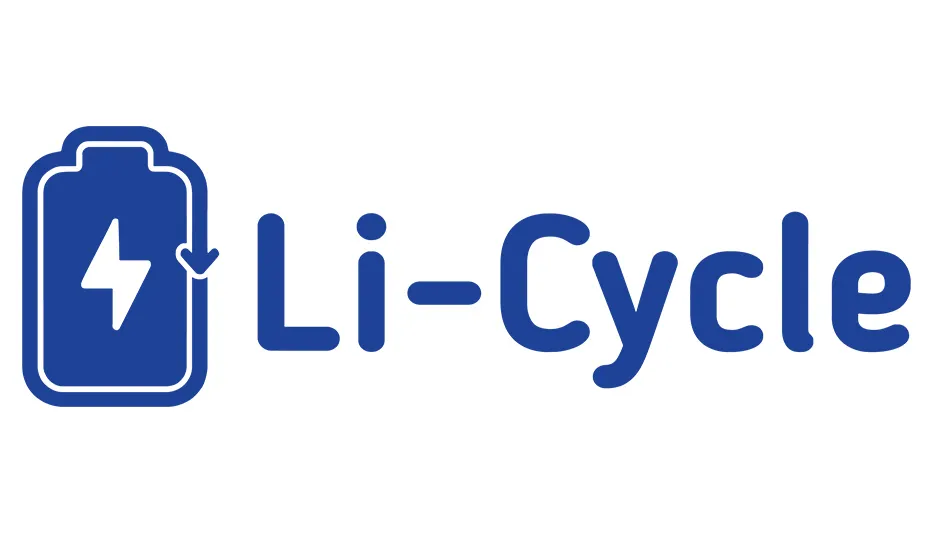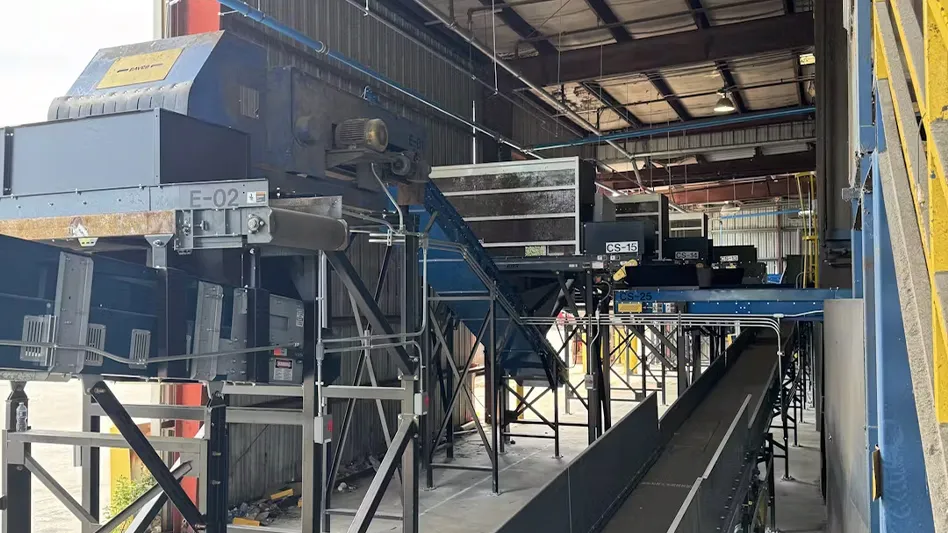
Image courtesy of Li-Cycle Holdings Corp.
Toronto-based lithium-ion battery recycler Li-Cycle Holdings Corp. plans to transition away from its regional management structure toward a centralized model to increase efficiencies as part of its comprehensive review and cash preservation plan.
In the effort to “right-size” and “right-shape” its staff, the company has made a number of leadership changes, effective immediately.
RELATED: Li-Cycle provides business update along with 2023 financials
“We are recalibrating our organizational structure to better align with the more focused priorities of Li-Cycle,” company President and CEO Ajay Kochhar says. “We believe that a centralized model, and the consolidation of our operational and commercial teams, will increase efficiencies and facilitate cross-functional partnerships to enhance our planning process and ability to execute on our short- and long-term objectives.”
Executive Chair Tim Johnston will transition to the role of interim nonexecutive board chair, where the company says he will provide leadership, support, guidance and strategic advice to the company.
Considering Switzerland-based mining and metals conglomerate Glencore’s nomination rights associated with its recently closed strategic financing of $75 million, the nominating and corporate governance committee of the board will be considering changes to Li-Cycle’s board and committee composition, expected to be made immediately following Li-Cycle’s next annual general meeting in May. The company expects these changes will include identifying an independent board chair.
Conor Spollen, who has been with Li-Cycle since January 2022, has assumed the role of chief operating officer, where he will be responsible for the company’s global “spoke” operations. Following completion of the company’s technical and economic review of its paused Rochester, New York, “hub” project, he will be responsible for project delivery and the planned operation of the facility. Spollen has more than 33 years of international mining and metallurgical experience, serving in leadership roles at a number of global companies, including Vale, where he was chief operating officer for Vale Base Metals’ operating mines and processing facilities in Canada, the United Kingdom, China and Japan.
Dawei Li, who has been with Li-Cycle since 2021, has assumed the new role of chief commercial officer, where he will lead the company’s global commercial function and consolidate the global team’s strategy and approach to continue building partnerships with key battery market players. He previously led Li-Cycle’s Asia-Pacific region and brings 20 years of experience in strategy and business development. Previously, Li served as global business director for lithium carbonate at Albemarle Corp.
Chief Financial Officer Debbie Simpson will be leaving the company as part of the staff reduction and will continue to support the team until May 31 to ensure a smooth transition. Craig Cunningham, who previously served as chief financial officer at Electra Battery Materials and has more than 17 years of accounting, finance, operational and capital markets experience, will join Li-Cycle as its interim chief financial officer, effective immediately.
Additionally, Li-Cycle’s Regional President of Europe, Middle East and Africa (EMEA) Richard Storrie will step away from the role but will continue in an advisory role until May 31 to support the transition.
“We would like to extend our sincere thanks to Ms. Simpson and Mr. Storrie for their dedication and valuable contributions to the company,” Kochhar says. “We wish them the very best in their future endeavors. We are also excited to welcome Mr. Spollen, Mr. Li and Mr. Cunningham to their new roles. We believe their leadership, expertise and experience will be key to Li-Cycle’s future success.”
Also, as part of the company’s cash preservation plan, the company is reducing its workforce, primarily at the corporate level. Overall, the company says it expects to reduce approximately 60 positions, representing about 17 percent of the company’s global workforce. Li-Cycle estimates it will incur total charges of about $8.3 million in connection with the workforce reductions, with the majority of these costs to be incurred as cash severance payments over the next 12 months. These steps are expected to generate approximately $10 million in payroll and benefit cost savings on an annualized basis.
“I want to thank all of the impacted Li-Cycle team members, as they played a key role in helping us work towards our vision of creating a more sustainable lithium-ion battery supply chain,” Kochhar says. “Although our cash preservation plan is essential to position Li-Cycle for future success, we have deep appreciation and gratitude for their high-quality work and contributions and will provide the impacted Li-Cycle team members with support through a period of transition.”
Latest from Recycling Today
- Ascend Elements, Call2Recycle to offer customized EV battery services
- Novelis quarterly, full-year net sales down; CEO reports ‘strong improvements’
- Meeting the decarbonization challenge
- Cyclic Materials expands leadership team
- Paper cup acceptance at US mills reaches new milestone
- EPA announces $3B to replace lead service lines
- AMCS showcasing Performance Sustainability Suite at WasteExpo
- New Way and Hyzon unveil first hydrogen fuel cell refuse truck





